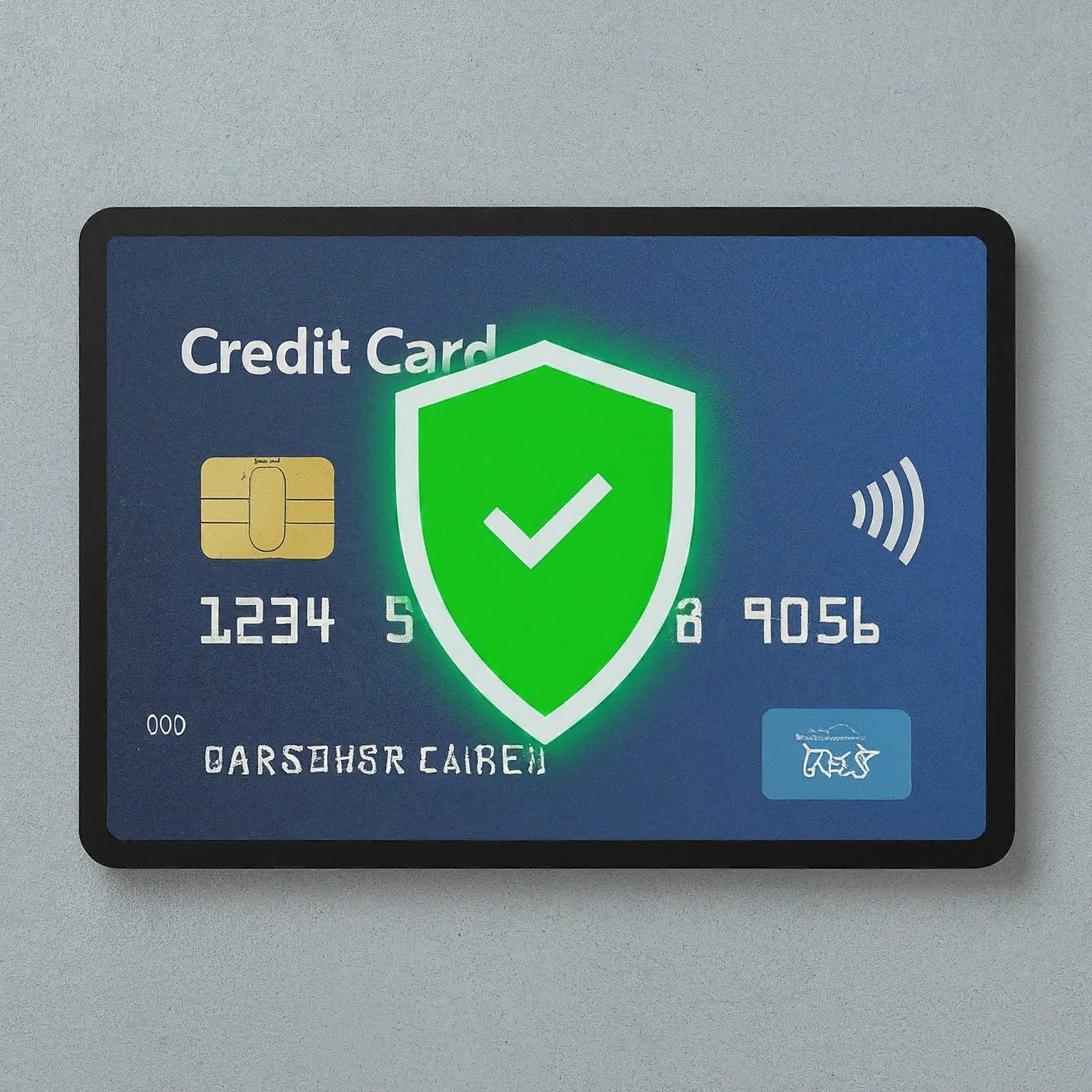What Are Student Credit Cards?
A student credit card is a financial tool specifically designed for students. It offers a range of benefits and restrictions, making it a great option for young adults with limited credit history. Many student credit cards come with lower limits to reduce the risk of overdrafting. The best credit cards for students can be a useful tool to help build their credit scores. They can also provide cashback rewards, discounts, and other perks tailored to students’ spending habits.
- Debojyoti Roy
- |
- 06:55
- Hours Ago
Imagine a world where every transaction you make with your US credit card is not
Latest Articles
FAQ
The main difference between a student credit card and a regular credit card is that a student credit card is tailored to meet the financial needs of students who are just starting with credit or have a limited credit history. A student credit card typically has lower limits and may have more readily available approval criteria than a regular credit card. Additionally, a student credit card often includes features such as rewards for responsible credit usage.
If you’re applying for a student credit card, you must meet some basic requirements. You’ll need to be 18 or older, have a Social Security number, and be enrolled in a college or university accredited by the U.S. government. Some issuers might also ask you to show proof of income or have someone else co-sign if you have a limited income.
Using a student credit card responsibly can help you build a good credit score, which is important for your future financial goals. It can also give you a financial cushion in an emergency and help you learn important money management techniques. Plus, some student cards have rewards and perks that can be helpful.
If you’re looking for a student credit card, it’s important to do some research. Think about how much the APR is, how much you pay each year, your credit limits if you have any rewards programs, and if there are any student-specific benefits. Plus, think about how much you usually spend and your financial goals. That way, you can figure out which card is best for you.
If you want to stay on top of your finances, using your student credit card responsibly is important. Make sure you pay your bills on time, keep a low balance, and don’t buy anything you don’t need. You should also keep track of your spending and understand how your credit works. Over time, you can build up a good credit history by making regular payments and managing your credit responsibly, leading to more money in the long run.






